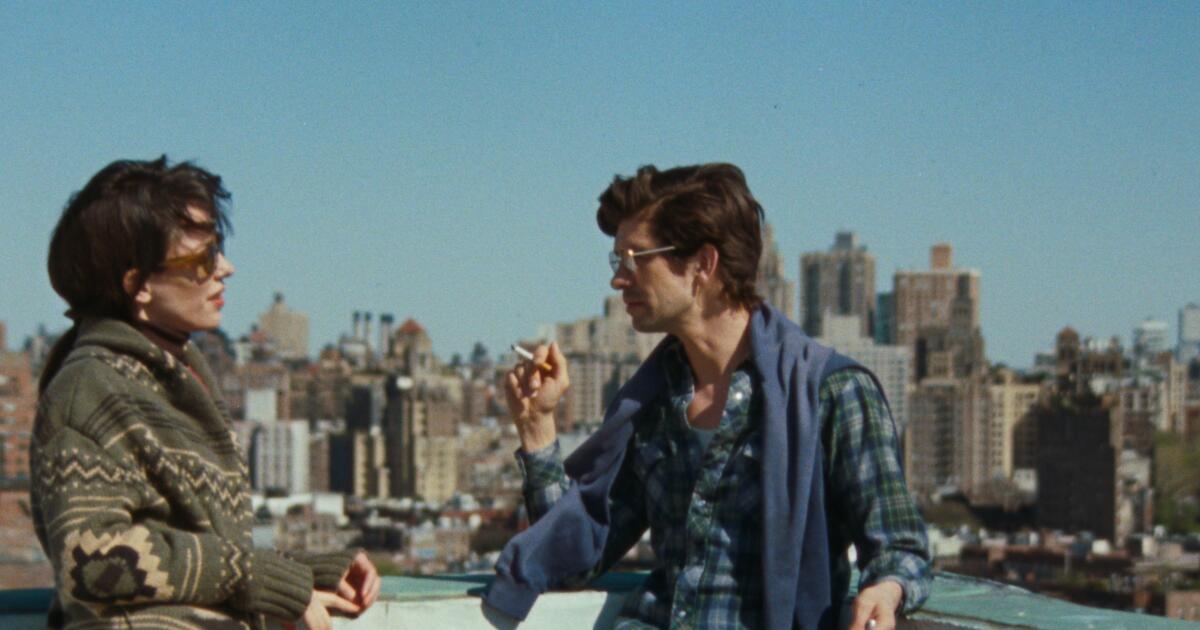The movie widely regarded as one of the best sci-fi films ever made and is an absolute must-watch for any fans of the dystopian genre
This year has seen a significant rise in dystopian thrillers, with series like The Last of Us gripping telly viewers and films such as 28 Years Later set to grace the big screen this June. With an abundance of options, it’s easy to feel swamped, but if you’re on the hunt for a true classic of the dystopian genre, I wholeheartedly suggest Alfonso Cuarón’s Children of Men.
I only recently had the pleasure of viewing Children of Men and was riveted from the opening scene. It swiftly climbed the ranks to become one of my all-time favourite films, and I was particularly taken by its peculiar optimism amidst the bleak post-apocalyptic setting.
What Children of Men is about
The world has descended into utter chaos as humanity grapples with impending extinction. The United Kingdom stands as one of the few remaining countries still operational, albeit under an authoritarian regime.
Theo Faron (Clive Owen), a disenchanted former activist, has ceased his resistance and now meanders through life as a civil servant. He’s so disconnected from the world that he barely registers the bombings, caged refugees, and public executions he encounters on his commute.
One day, Theo is abducted by his ex-wife Julian, who heads a rebel faction known as The Fishes, battling against the government for refugee rights. Julian implores Theo to safeguard Kee, a young African refugee, and assist her in escaping the country safely.
However, Theo soon discovers that Kee is astonishingly pregnant, carrying the world’s sole known unborn child. Driven by the need to protect this miracle, he risks everything to keep Kee’s condition under wraps and get her safely to the enigmatic Human Project, scientists seeking a cure for the global fertility crisis.
So why should you watch Children of Men?
Despite its stark backdrop, the film’s protagonist embodies hopefulness in his unwavering dedication to the prospect of a rejuvenated world.
The outpouring of support for Kee amidst such turmoil underscores a compelling truth: even in the bleakest circumstances, human kindness endures, proving that we have not strayed from our compassionate nature.
One of the captivating aspects of Children of Men is how palpably real and weathered its universe feels, peppered with background information gleaned from transient news reports, advertisements, and leaflets—a testament to the environment’s rich storytelling texture.
Packed with nuances, Children of Men invites viewers to engage deeply, promising new discoveries upon every viewing.
What critics are saying about Children of Men
Boasting an impressive 92% Rotten Tomatoes rating from over 250 critic reviews, Children of Men was also in the Oscar race for three categories (Best Adapted Screenplay, Best Cinematography, and Best Editing) back in 2007.
Brian Tallerico of UGO hailed it as “feels more relevant than almost every film set in the present day and is better than almost every other film made this year.”
Kathi Maio from The Magazine of Fantasy & Science Fiction remarked: “This is one movie that will have a lasting impact even if you are forced to watch it on a ten-inch black and white Zenith.”
Peter Travers, writing for Rolling Stone at the time, placed it as the runner-up in his best films of the 2000s list, commenting: “No movie this decade was more redolent of sorrowful beauty and exhilarating action. You don’t just watch the car ambush scene (pure camera wizardry)-you live inside it. That’s Cuarón’s magic: He makes you believe.”
Where to watch Children of Men
The film can be streamed on Apple TV’s £8.99 monthly subscription or via Now TV’s £9.99 a month Cinema membership. You can also purchase Children of Men on Amazon Prime for £5.99.




